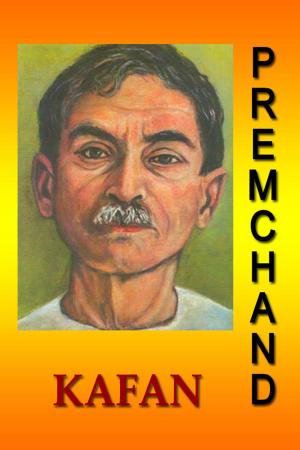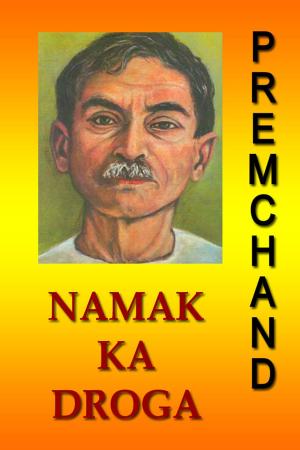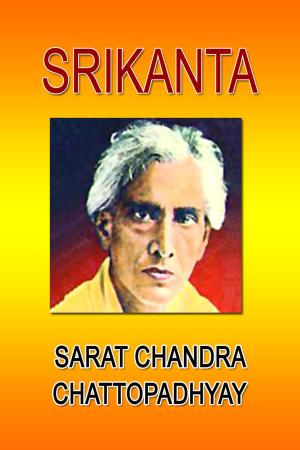| Author: | Mary A. McCormack | ISBN: | 9781300435969 |
| Publisher: | Sai ePublications | Publication: | December 28, 2016 |
| Imprint: | Sai ePublications | Language: | English |
| Author: | Mary A. McCormack |
| ISBN: | 9781300435969 |
| Publisher: | Sai ePublications |
| Publication: | December 28, 2016 |
| Imprint: | Sai ePublications |
| Language: | English |
Spool Knitting
Few elementary exercises have aroused more interest in the child than the toy knitting; due, perhaps, to its simplicity and his power to do it easily and well.
To some keen observer the little orb-weaving spider may have suggested this form of occupation. Be this as it may, the child who is a lover of nature will be quick to perceive the strong resemblance he bears to this little insect while at work with his toy knitter, going from post to post just as the insect worked its net in spiral form on his framework of radiating lines.
The possibilities of an empty spool and a few pins are almost without limitations. The illustrations here given are merely suggestive of many more that can be worked out along these lines. They are not simply to momentarily attract the child, but to permit of individual growth, and to have him participate in the joy of its ultimate use.
Toy Knitters
Toy knitters are made of a cylindrical piece of wood two and one-half or three inches long and at least one inch in diameter. This size enables the child to grasp it easily and work without cramping the fingers. A hole one-fourth or one-half inch in diameter is bored lengthwise through the center to admit the work. Spools are used to advantage where knitters cannot be obtained.
Pins, staples, or wire nails are used as posts. These are driven into the wood and then curved outward a little at the top with pliers, to prevent the work from slipping off. One, two, three or four posts may be used.
A number of forms of web can be made, but the simplest and quickest are those made on the knitters having but two posts. The four-post knitters are also simple and are used where a thick cord is needed.
Except otherwise specified two-post knitters are used for these models.
Spool Knitting
Few elementary exercises have aroused more interest in the child than the toy knitting; due, perhaps, to its simplicity and his power to do it easily and well.
To some keen observer the little orb-weaving spider may have suggested this form of occupation. Be this as it may, the child who is a lover of nature will be quick to perceive the strong resemblance he bears to this little insect while at work with his toy knitter, going from post to post just as the insect worked its net in spiral form on his framework of radiating lines.
The possibilities of an empty spool and a few pins are almost without limitations. The illustrations here given are merely suggestive of many more that can be worked out along these lines. They are not simply to momentarily attract the child, but to permit of individual growth, and to have him participate in the joy of its ultimate use.
Toy Knitters
Toy knitters are made of a cylindrical piece of wood two and one-half or three inches long and at least one inch in diameter. This size enables the child to grasp it easily and work without cramping the fingers. A hole one-fourth or one-half inch in diameter is bored lengthwise through the center to admit the work. Spools are used to advantage where knitters cannot be obtained.
Pins, staples, or wire nails are used as posts. These are driven into the wood and then curved outward a little at the top with pliers, to prevent the work from slipping off. One, two, three or four posts may be used.
A number of forms of web can be made, but the simplest and quickest are those made on the knitters having but two posts. The four-post knitters are also simple and are used where a thick cord is needed.
Except otherwise specified two-post knitters are used for these models.















